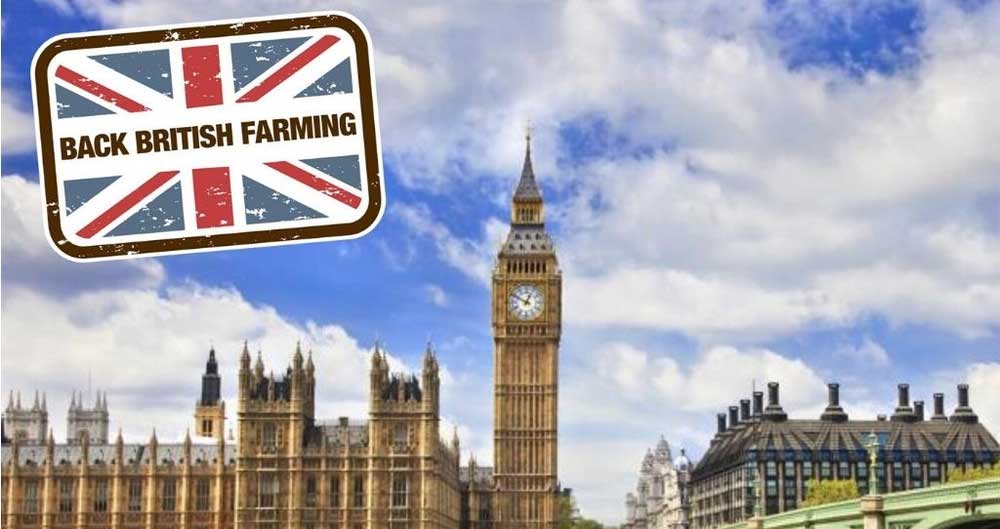The Agriculture Bill was first introduced into Parliament in September 2018 and since its launch, the NFU has worked with parliamentarians to strengthen the Bill by ensuring the production of high quality, safe, climate friendly food is at its heart.
Since its reintroduction after the 2019 general election, the NFU has been working tirelessly with supportive MPs to improve the Bill further. We have worked with chair of the EFRA Committee Neil Parish, farming ally and MP for Dorset, Simon Hoare, as well as opposition parties to table and support amendments which would stop sub-standard food being imported into this country in any future trade deals.
Even with fierce lobbying from NFU colleagues, the standards amendments tabled during the Agriculture Bill’s Report Stage on Wednesday were unsuccessful. NFU director of EU Exit and International Trade Nick von Westenholz said:
“Despite manifesto commitments and frequent warm words from the government, it is disappointing that they did not take the opportunity to legislate that they will not allow the imports of food that would be illegal for our farmers to produce here. We have seen clearly in the past few days the strength of feeling among farmers, MPs and politicians on this issue and as the Bill now moves to the House of Lords we will continue our work to ensure British farming standards are not undercut by future trade deals.”
Although the Report Stage did not go our way, the NFU’s impact on the debate was notable. Several MPs referenced the communications they had received from the NFU and farming constituents. As the Bill progresses to the House of Lords in the coming weeks, the NFU will continue to work to influence and strengthen the Bill to the benefit of British farmers.
A look at the NFU's work ahead of the report stage
Ahead of the debate, the NFU put together a briefing setting out its views on how the Bill can pave the way for a more productive and sustainable farming model fit for the 21st century.
The NFU also launched a new ‘Write to your MP’ tool for members to encourage their MPs to take part in this important stage of the debate. Earlier this year, we ran a similar tool from which over 600 members contacted over 200 MPs on our asks on the Agriculture Bill.
This time, in just six days, nearly 2,000 members sent emails to 330 MPs - thank you for your support.
There were five key NFU asks of the Agriculture Bill's Report Stage, click here to read them.
We urged members to use this opportunity to contact their MPs again (or indeed for the first time) because of course, since the Bill was last in the Commons the country has been gripped by coronavirus.
The crisis has demonstrated the importance of having a strong and resilient food supply chain and domestic source of food. It is therefore more important than ever that we galvanize the support of MPs to ensure that we have a strong agricultural sector for generations to come.
Summary of NFU asks:
1. Strong provisions on food security
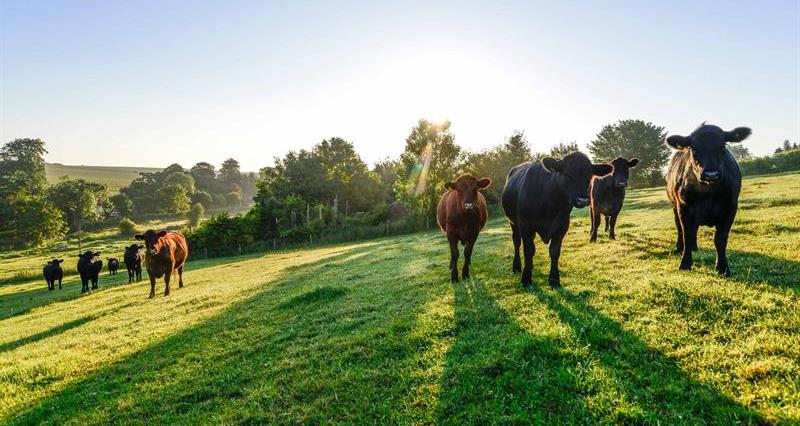
Under the Bill, the government will be required to report on the state of the nation’s food security every 5 years. The Bill should be strengthened so that the frequency of reporting on food security is increased to an annual requirement. There should be clearer requirements relating to the degree of the nation’s food security derived from domestic production, and a clear commitment to prevent any further declines in self-sufficiency. The need to have a clear view of how well positioned the UK is to meet its food requirements is also important given the substantial changes we may witness to our food supply chains in the near future.
2. Safeguarding our high standards
The Bill must be amended to ensure British farming’s high production standards are upheld in our international trade negotiations and general trade policy. It would be futile to develop the ambitious domestic agriculture policy envisaged by the Bill if UK farmers’ efforts were simply undermined through the importation of sub-standard products.
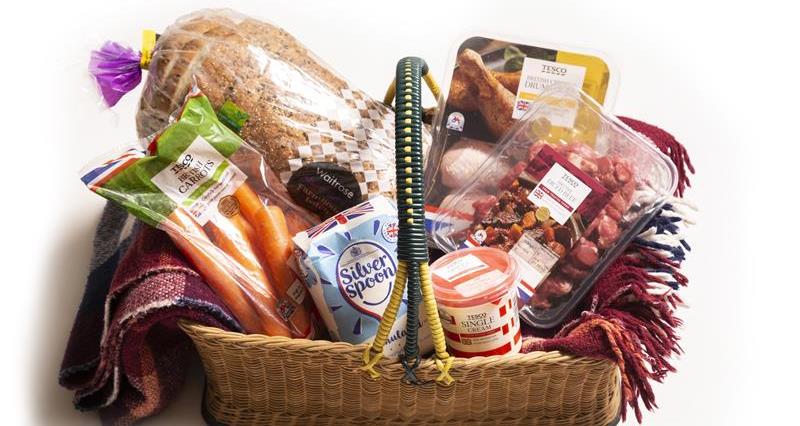
The Bill must ensure that the specific provisions contained in future trade deals require agricultural imports to meet our environmental, animal welfare, and food safety standards. Furthermore, all food imported into the UK, whether or not under the auspices of a specific, bilateral trade agreement, should be produced to at least equivalent standards as those required of producers in the UK.
In order to properly manage the complex issues associated with these provisions, the NFU has proposed the establishment of a Trade and Standards Commission, made up of representatives from government, industry and NGOs alongside academics and experts in trade and food policy, which would report to government with specific recommendations in a short timeframe. The Commission would provide a roadmap for the government to meet its commitment to protect the UK’s high standards of production in future trade policy. We urge the government to set this body up as a matter of priority.
3. Resilience and stability in food production
The Bill establishes a framework for the phasing out of direct payments in England over a 7-year transition period, due to begin next year. Alongside the very different schemes due to come in their place (such as ELMS) this could mean a significant reduction in already marginal net incomes to farmers. The phasing out of direct payments should be delayed by at least a year to allow time to assess and mitigate the impact of coronavirus and the potential negative shock from failing to agree a trade deal with the EU.
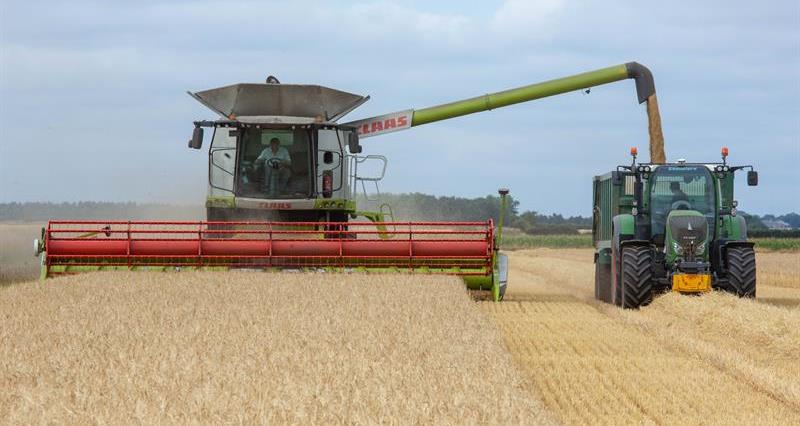
Furthermore, the Bill should be amended to provide clear powers for government to pause or reverse the phase out of direct payments, and to return unspent funds to farmers as direct payments if they are not being used for other purposes.
The Bill contains powers for minsters to respond to exceptional market conditions. The coronavirus crisis has reminded us how important such powers are, and they must be strengthened so that the powers are more accessible to ministers in times of strife. This means making the two conditions that must be met to trigger the powers are alternatives, not cumulative; the ‘exceptional market conditions’ should include ‘significant’ rather than ‘severe’ disturbances; and disturbances to input costs and/or costs of production should be included in the provisions, as well as disturbances to agricultural markets/prices.
4. Support for the production of food

In developing new forms of financial assistance, the government will now be obliged to “have regard to the need to encourage the production of food by producers in England and its production by them in an environmentally sustainable way.” This is important, and the government should set out exactly how this provision will operate in practice. The requirement could be strengthened by an explicit requirement that any financial assistance scheme is designed to encourage the sustainable production of food by producers in England.
5. An “agricultural” Agriculture Bill
The Agriculture Bill should focus specifically on agriculture. If non-agricultural objectives are supported and financed under the Bill, the opportunity to facilitate the development of a sustainable farming model will be missed. Environmental and welfare measures contained in the Agriculture Bill should be specific to agriculture – the government should seek to pursue other environmental objectives through alternative legislation.
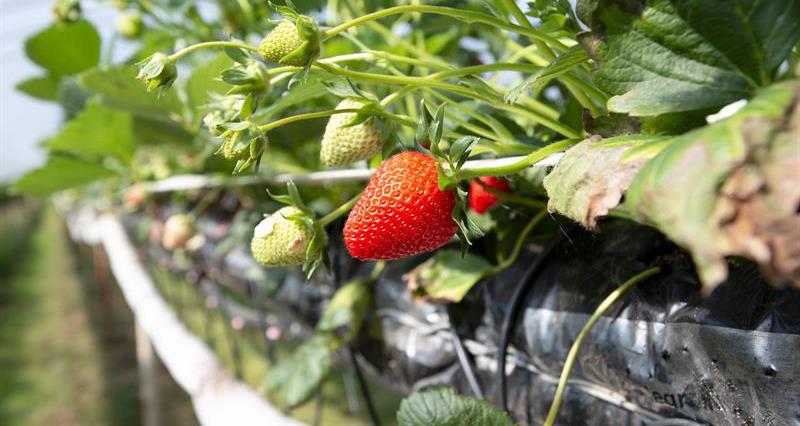
The NFU believes that the Bill should clearly define that the beneficiaries of any financial assistance should relate explicitly to those who are involved in the production of products deriving from an agricultural or horticultural or forestry activity, or those with an interest in agricultural land, where the financial assistance relates directly to that land.
This will ensure that the important “public goods” the Bill seeks to reward and incentivise are connected to agriculture and food production, and would avoid support for activities unrelated to agriculture (e.g. on golf courses or airfields) which would draw support away from incentivising and rewarding good agricultural practice.
